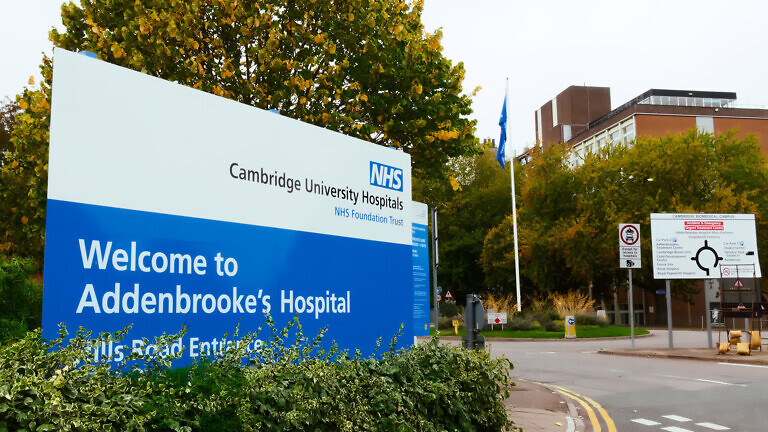NHS Resolution’s provision for future liabilities was also up to £60.3 billion, driven by clinical negligence payments related to maternity.
NHS negligence claims have risen almost 11% over the past year to £3.1 billion, according to the latest annual report from NHS Resolution.
NHS Resolution received 14,428 new clinical negligence claims and reported incidents in 2024/25, reflecting ongoing broad stability in overall claims volume across recent years.
NHS Resolution’s provision for future liabilities at the end of March this year was up from £58.5 billion to £60.3 billion, driven by activity and natural growth. It is notable that those figures were lowered by changes to the Personal Injury Discount Rate from -0.25% to +0.50% and by updates to HM Treasury discount rates.
“At a time when NHS finances are in such a parlous state, and there is much to be done to transform patient care and services, it is right to question whether the sums paid out on NHS clinical negligence claims are sustainable,” said Steven Davies, head of legal services at Medical Protection Society.
“NHS Resolution also estimates that over £60 billion is needed for future clinical negligence costs, making it one of the government’s largest liabilities,” he continued.
Poor maternity services
More than a third of the claims, some £1.3 billion of the total clinical negligence payments, are related to maternity.
This has been recognised by the NHS. As Healthcare Today reported in June, NHS Providers, the membership organisation for the NHS hospital, mental health, community and ambulance services, has called for bold action from the government to support them in their ongoing efforts to improve the quality and safety of maternity services in England.
“The standards of care in maternity services throughout the NHS are often so poor that women and families are left with no choice but to pursue legal action,” said Nisha Sharma, principal lawyer at Slater & Gordon.
“In our experience, finding the answers over what went wrong in a case is a prime motivator in doing so, as all too often NHS Trusts are reluctant or unwilling to engage with families who have been through such trauma and devastation, and lawyers can help in that process,” she continued.
“Reducing high-value maternity claims is not simply a legal or financial objective – it is a moral and professional imperative,” wrote Neil Rowe, head of practice at Maulin Law, for Healthcare Today.
He believes that the National Audit Office (NAO) investigation this autumn into clinical negligence costs will review the increase in long-term liabilities and annuities, and so will be particularly relevant to maternity litigation costs and may spur policy shifts.

Resolved without going to court
But there is some good news too. The NHS Resolution report highlights that 83% of clinical claims are now resolved without the need for legal proceedings. This means that 11,110 clinical compensation claims were resolved through dispute resolution processes rather than formal legal proceedings – the highest percentage ever achieved.
“By working collaboratively to resolve claims for compensation against the NHS, we are keeping patients, their families and healthcare staff out of court whilst sharing what we learn back with the NHS to prevent the same things happening again,” said Helen Vernon, chief executive of NHS Resolution.
The report also describes how innovations such as NHS Resolution’s Early Notification scheme for birth injury have enabled families to access compensation for immediate needs more rapidly.
“We unequivocally support and promote candour and that clinical staff should be open and transparent. Where there is a claim for compensation, this needs to be investigated in line with the law, but we always aim to resolve cases as quickly as possible to avoid distress to the family, with four in five cases resolving early on without the need to involve the courts,” said Vernon.



